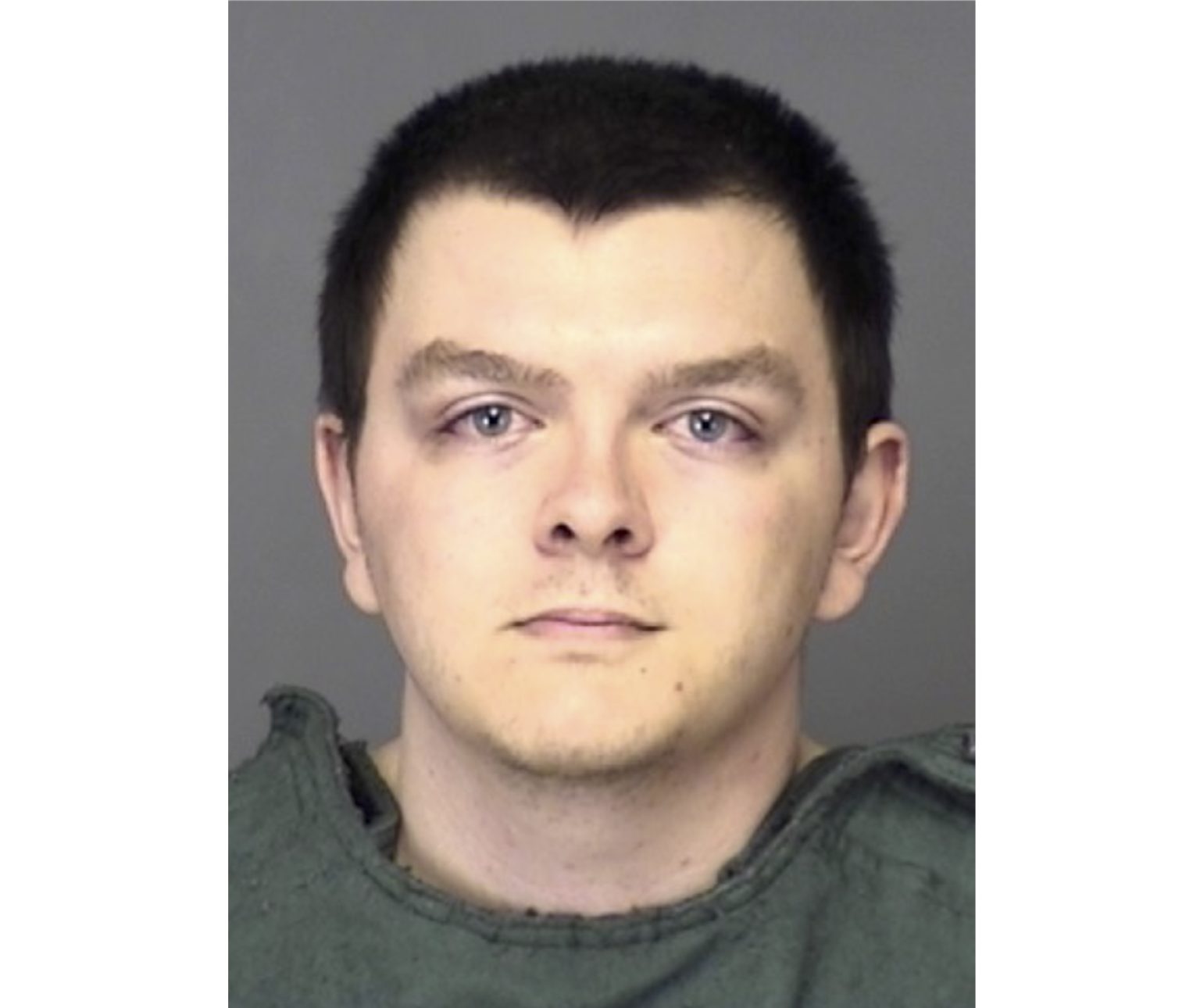Zephen Xaver, a 27-year-old Indiana native, was sentenced to death on December 16, 2024, for the brutal 2019 murders of five women inside a SunTrust Bank in Sebring, Florida. The sentencing followed a two-week penalty trial in June where a jury recommended the death penalty by a 9-3 vote. Circuit Judge Angela Cowden upheld the jury’s recommendation, citing Xaver’s premeditated nature of the crime, the sheer scale of the tragedy, and the terror inflicted upon his victims in her justification for the sentence. Xaver, who remained largely impassive during the sentencing, appeared to gulp as Judge Cowden delivered her decision. This marked the culmination of a five-year legal process that began with the horrific events of January 23, 2019.
The chilling details of the crime shocked the small town of Sebring and the nation. Xaver entered the bank, herded five women – Cynthia Watson, Marisol Lopez, Ana Pinon-Williams, Debra Cook, and Jessica Montague – into a room, forced them to lie down on the floor, and systematically shot each one in the head. He had purchased the murder weapon just two weeks prior. The victims represented a cross-section of the community, ranging in age from 31 to 65, including bank employees and a customer. Kiara Lopez, the daughter of victim Marisol Lopez, delivered a powerful impact statement, recounting how her mother had greeted Xaver with a smile upon his entry into the bank, a gesture of kindness met with unimaginable violence. This act of senseless brutality left an indelible scar on the community and shattered the lives of the victims’ families.
Xaver’s defense team, led by public defender Jane McNeill, argued for a life sentence, presenting over two dozen mitigating factors, including Xaver’s history of mental health issues, the presence of a benign brain tumor, and his professed newfound faith in Christianity while incarcerated. They contended that a life sentence would bring closure to the families and avoid the protracted appeals process that typically follows a death sentence, potentially leading to retrials or overturned sentences. McNeill also criticized the recently enacted Florida law allowing for a death sentence with an 8-4 jury vote, a change implemented after the Parkland school shooter avoided the death penalty despite a 9-3 jury recommendation. She argued that this law is unconstitutional, further emphasizing her plea for a life sentence.
Judge Cowden, however, deemed the aggravating factors, primarily the premeditation and the horrific nature of the crime, to significantly outweigh the mitigating arguments presented by the defense. She referenced Xaver’s weeks of planning leading up to the massacre as a key element in her decision. This premeditation suggested a level of calculation and intent that made the crime particularly heinous. The judge’s decision reflected the gravity of the offense and the pursuit of justice for the victims and their families, prioritizing the impact of Xaver’s actions over his potential mental health struggles.
Xaver’s troubled past offered a glimpse into the potential underlying factors contributing to the horrific act. In 2014, while still in high school in Indiana, he expressed disturbing dreams of harming his classmates, prompting his principal to alert authorities. Though his mother assured officials that he would receive psychological help, subsequent events revealed a continuing pattern of disturbing behavior. He enlisted in the Army in 2016 but was discharged just three months later. A former girlfriend, met while both were patients at a mental health facility, later told police that Xaver had viewed military service as a potential avenue for killing people without consequence. In 2017, he was reported to Michigan authorities after sending text messages suggesting he might commit “suicide by cop” or take hostages. These incidents painted a picture of a deeply troubled individual with a history of violent ideations.
Despite his documented psychological issues and brief, unsuccessful stint in the Army, Xaver was hired as a trainee prison guard in Florida in November 2018, just two months before the bank shootings. His resignation from this position, just one day after purchasing the gun used in the murders, raises questions about the vetting process and highlights the tragic consequences of overlooking warning signs. The case underscores the complexities surrounding mental health and gun control, leaving a community grappling with the devastating impact of violence and searching for answers in the wake of an unimaginable tragedy. As the case moves forward with the expected appeals process, the Sebring community continues to mourn the loss of five innocent lives, forever marked by the horrific events of that day.















